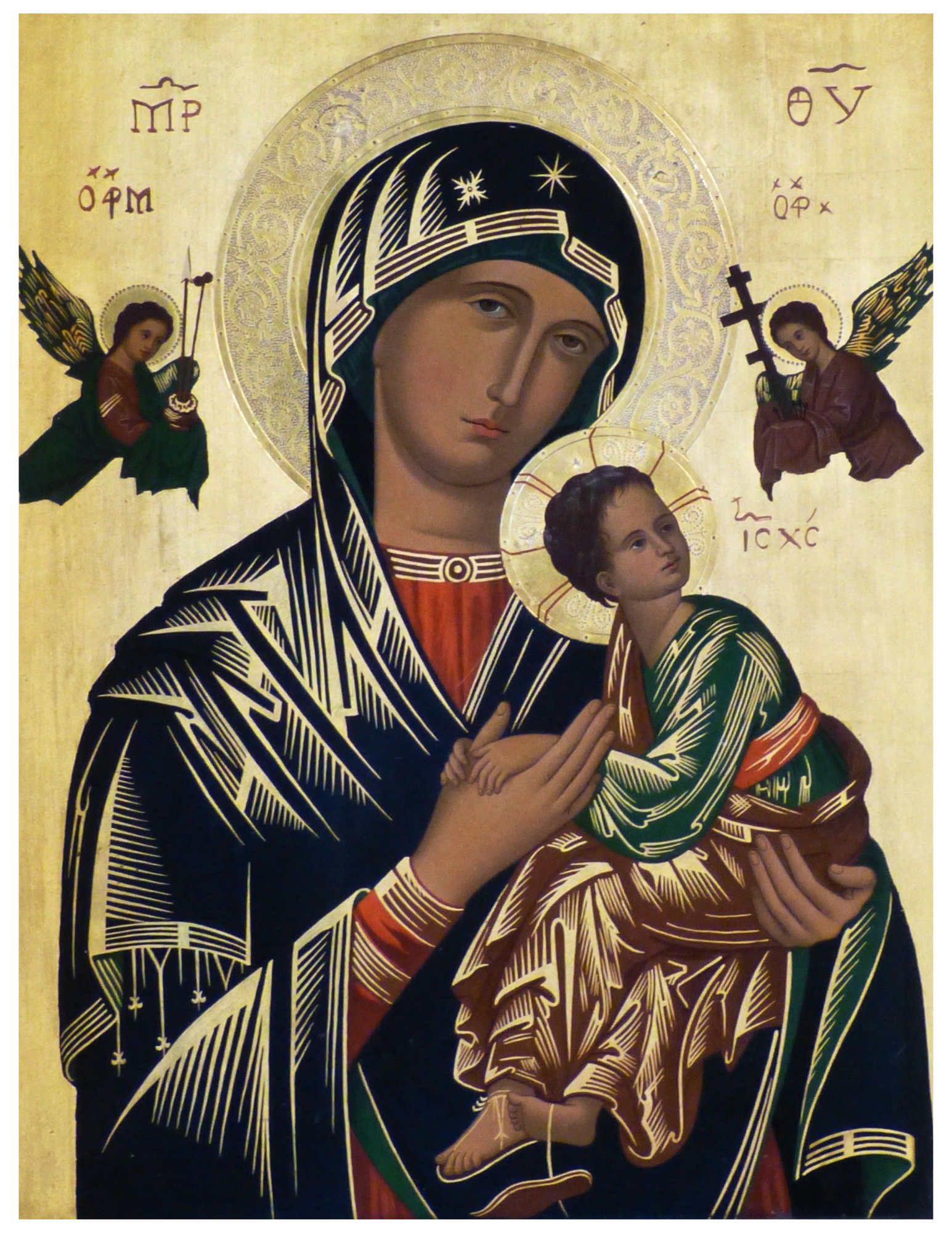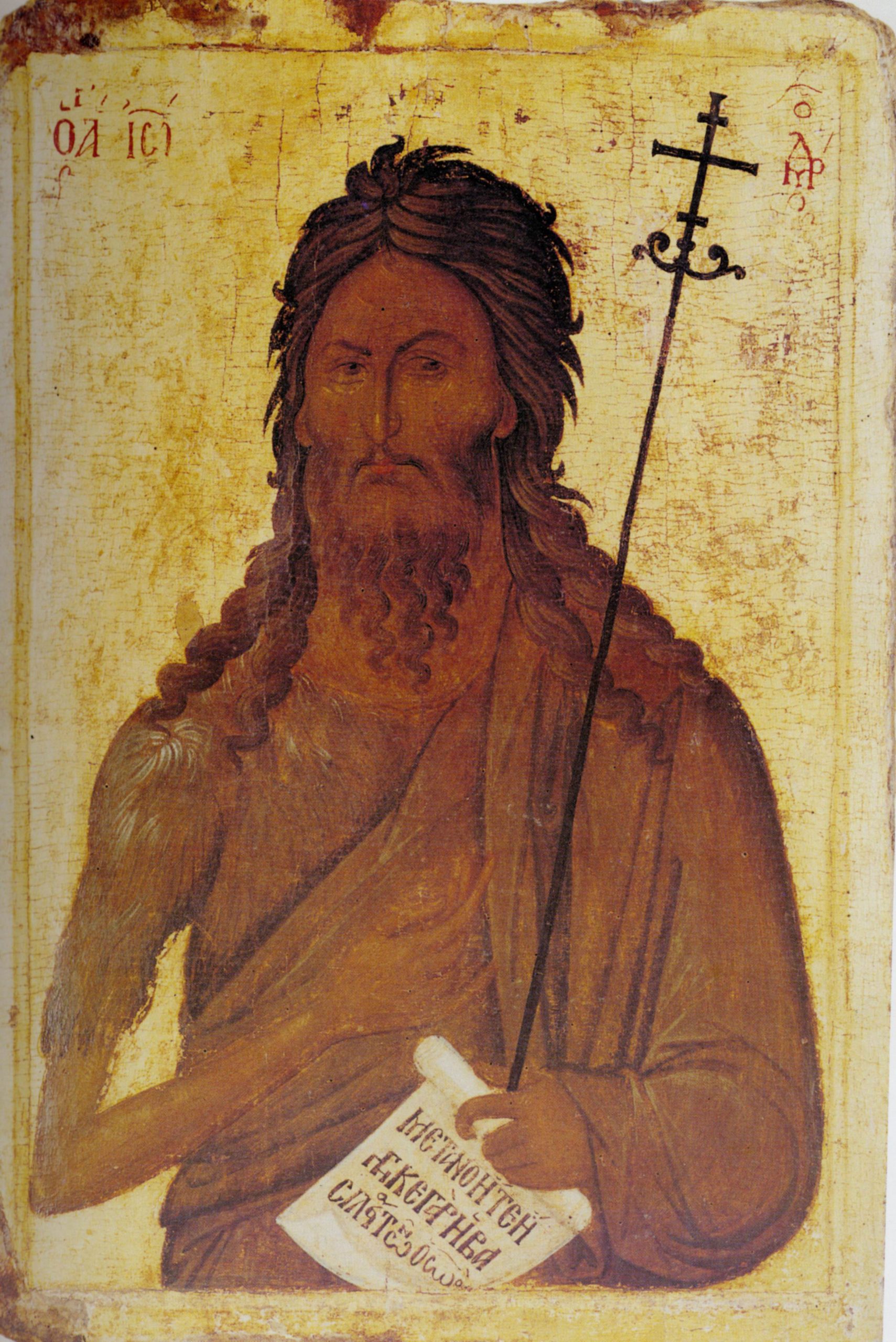Brethren, see to it that no one makes a prey of you by philosophy and empty deceit, according to human tradition, according to the elemental spirits of the universe, and not according to Christ. For in Him the whole fullness of deity dwells bodily, and you have come to fullness of life in Him, who is the head of all rule and authority. In Him also you were circumcised with a circumcision made without hands, by putting off the body of flesh in the circumcision of Christ; and you were buried with Him in baptism, in which you were also raised with Him through faith in the working of God, Who raised Him from the dead.
Colossians 2: 8-12
(Epistle of January 1)
Many organizations and clubs ask members to go through an initiation process before they are admitted to a specific organization or club. There are at least two reasons for this—first, so prospective members know something about the organization they are joining, it’s history, expectations of members, etc. And second, having new members go through a process makes sure that they are invested in the group. It’s not just join and leave. It’s invest, then join and hopefully stay. I use this example because many of us have been initiated into various things and we understand what this means.
Since many centuries before Christ, there was a necessary “initiation” for people to become one of God’s chosen people—also referred to as Jews, children of Israel, etc. And that was being circumcised. This ritual marked someone as one of God’s children. Every male would have his foreskin circumcised. Anyone who did not undergo this ritual was not Jewish. This ritual was done 8 days after birth, which is why it is commemorated on January 1, 8 days after the Nativity. Obviously an 8 day old child cannot be educated in the Law of the Lord, or even consent to this, just like an infant today is baptized with neither knowledge or consent. In allowing a child to be circumcised back then, or baptized now, the parent was committing their child to be a child of God and committing themselves to raising the child as such.
Circumcision involved the shedding of blood, as cutting any part of the body is going to result in bleeding. Christ underwent the ritual of circumcision because it was part of the Mosaic (law given to Moses, the Jewish Law, Torah—these names are all used interchangeably) Law. And Jesus was going to follow the Law. Baptism, at the time of Jesus, was used in the similar way that we use confession. A person would be “baptized” periodically for the forgiveness of their sins. So, Jesus was baptized also, which we will be commemorating in a few days.
Jesus commanded His disciples, commissioning them, to “go and make disciples of all nations, baptizing them in the name of the Father, and of the Son and of the Holy Spirit, teaching them to observe all that I have commanded you.” (Matthew 28:19-20) Sacrifices of any kind before the Resurrection involved shedding blood. After the Resurrection, and with the Great Commission, we no longer are required to shed blood for any reason. Jesus shed His blood on the cross for all of us for all time. Therefore, it is not required that a male child be circumcised, because this involved shedding blood (circumcisions are done not for medical reasons, but in the Christian faith, not for religious ones). Our “sacrifice” of the Holy Eucharist is done without the shedding of blood. Remember that before Christ, lambs were slaughtered for the Passover. We don’t slaughter anything now in order to practice our Christianity.
In the years immediately after the Resurrection, when the early church was being established, there was a controversy over whether one first had to be Jewish and then become Christian, whether needed to be circumcised before being baptized. In Colossians 2:8, St. Paul tells us “see to it that no one makes a pray of you by philosophy and empty deceit, according to human tradition, according to the elemental spirits of the universe, and not according to Christ.” In other words, the things that happened before Christ were not all necessarily required for the new life in Christ. Christ does not require us to shed blood, so therefore circumcision is not required and those who would compel people to be circumcised for religious reasons are not according to Christ, because as we read in 2:10, Christ “is the head of all rule and authority.” St. Paul continues in 2:11, that we are “circumcised with a circumcision made without hands.” In other words, circumcision was a “mark” on everyone, and now we are “marked” but without a tangible mark. We are “marked” by water and the Spirit. It is necessary that we are initiated and marked for Christ. However, the mark is no longer a scar that is created in blood, but an indelible mark made with water.
Back to the idea of initiation, when a person is initiated into an organization, they become something that they were not previously. They have no rights and responsibilities, perhaps new authority. Initiation would require, in a sense, a “dying” to who you were before so that you can live a new reality. Saint Paul writes in 2:13 (not part of this passage) that outside of Christ, we are “dead in trespasses.” However, in 2:12, we read that in baptism, we are “buried with Christ.” In the baptism service, we hear that through the waters of baptism, our sin is drowned, we “die” in baptism. And then emerging from the baptismal font, we are “raised with Him” and put on the new life in Him.
There is a necessary ritual of initiation into the Christian faith—it is baptism. There is a necessary “mark” on us, but it is an indelible mark with water. This idea that we are to be initiated into the body of Christ comes from the Jewish tradition of circumcision. We now initiate people in a different way, but we still formally bring them into the Body of Christ.
The Master of the world and Creator of all things, the One who is on high with the Father and Spirit, on earth has been circumcised as an infant just eight days old. Lord, divine indeed are all Your works and amazing. You were circumcised on our behalf, loving Master, the fulfillment of the Mosaic Law. (Kathisma, Orthros, Feast of Circumcision of Christ, Trans. by Fr. Seraphim Dedes)
As we enter a New Year, it is a good time to think about how your life reflects Christ, and how much we’ve died to sin to live in Him. Or was our baptism, just a ceremony that has long since been forgotten? We are initiated only once into Christianity. However, if we have not been active, we can re-activate at any moment through repentance.

